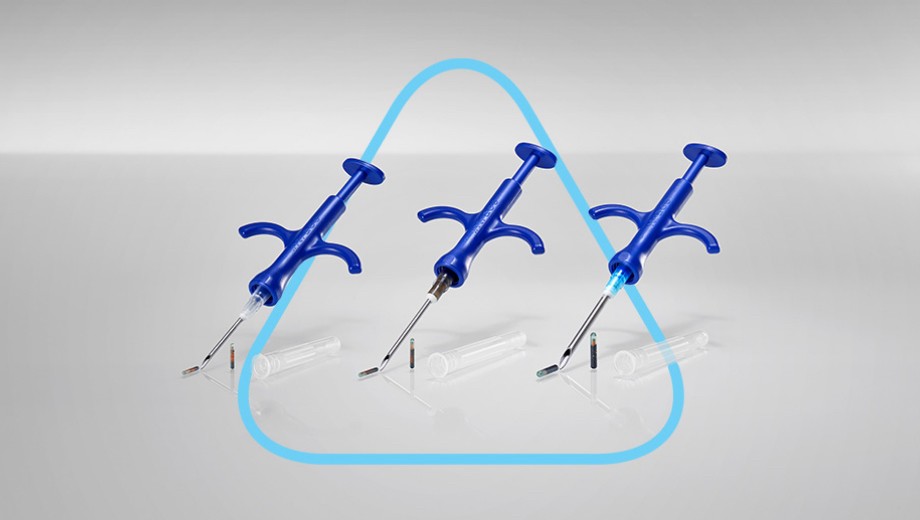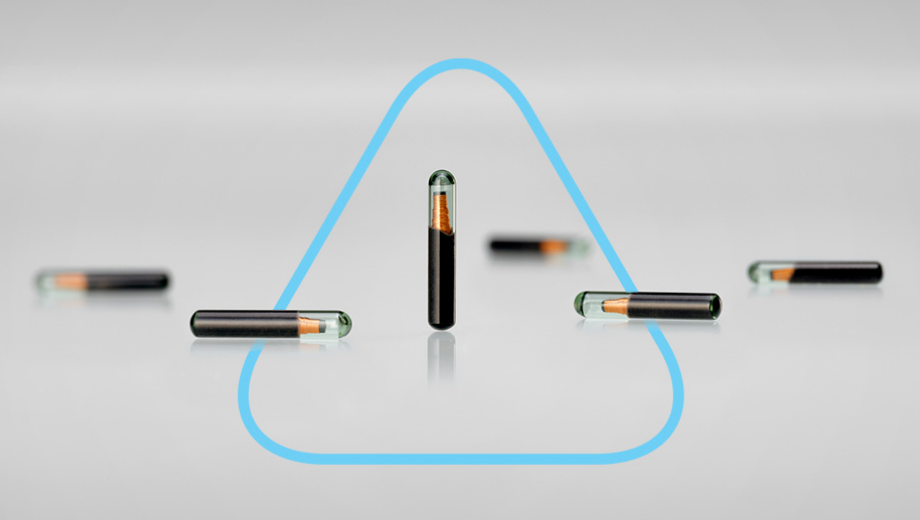More and more people are turning to pets for companionship – a trend that has only been reinforced by the isolation imposed by the COVID-19 pandemic. For pet owners, their animal is part of the family. If it strays from home, or is stolen, the emotional impact is significant.
What’s needed is a simple, cost-effective way for pet owners, civil authorities and pet-care professionals to identify animals that is permanent and easy to use. In today’s connected world, the best way to achieve this is by implanting a tiny electronic tag under the animal’s skin.
The process is quick and painless, and the tag is accompanied by stickers featuring a unique reference number that identifies the animal. Each tag’s unique ID can be registered on one of the multiple animal ID databases available around the world, and the stickers can be used in conjunction with other documents, such as vaccination or pedigree certificates and travel documents.
This means that any lost animal can be quickly identified with a chip reader, and the animal’s owners contacted via their database details. A rapid reunification of lost animals and their owners is assured.
Only the best will do
Intrace® products from Avery Dennison Smartrac are state-of-the-art animal ID tags and implantation systems, featuring premium microchips and manufactured to the highest quality standards in Germany.
The idea behind Intrace products is to make animal identification as easy, effortless, stress-free and foolproof as possible. To ensure the same level of convenience and reliability when it comes to reading the information stored in the implanted RFID tags, Avery Dennison Smartrac also offers handheld readers as powerful and cost-effective components of their electronic animal identification systems.
Intrace tags last a lifetime, and make a great contribution to the owners’ peace of mind. They can not only help reunite lost pets with their legal owners, but they also make it easy for veterinarians to access an animal’s medical history, and improve the traceability of pets in line with government legislation aimed at controlling the spread of infectious diseases.
In a wider context, governments around the world are extending their requirements for pets to be identifiable: over 50% of countries now require pets to be electronically tagged. The UK government, for example, announced in April 2021 proposals for all 10 million cats in the country to be microchipped, to counter the growing black market in stolen cats during the COVID-19 pandemic.
Tagging your animal has never been more important.



